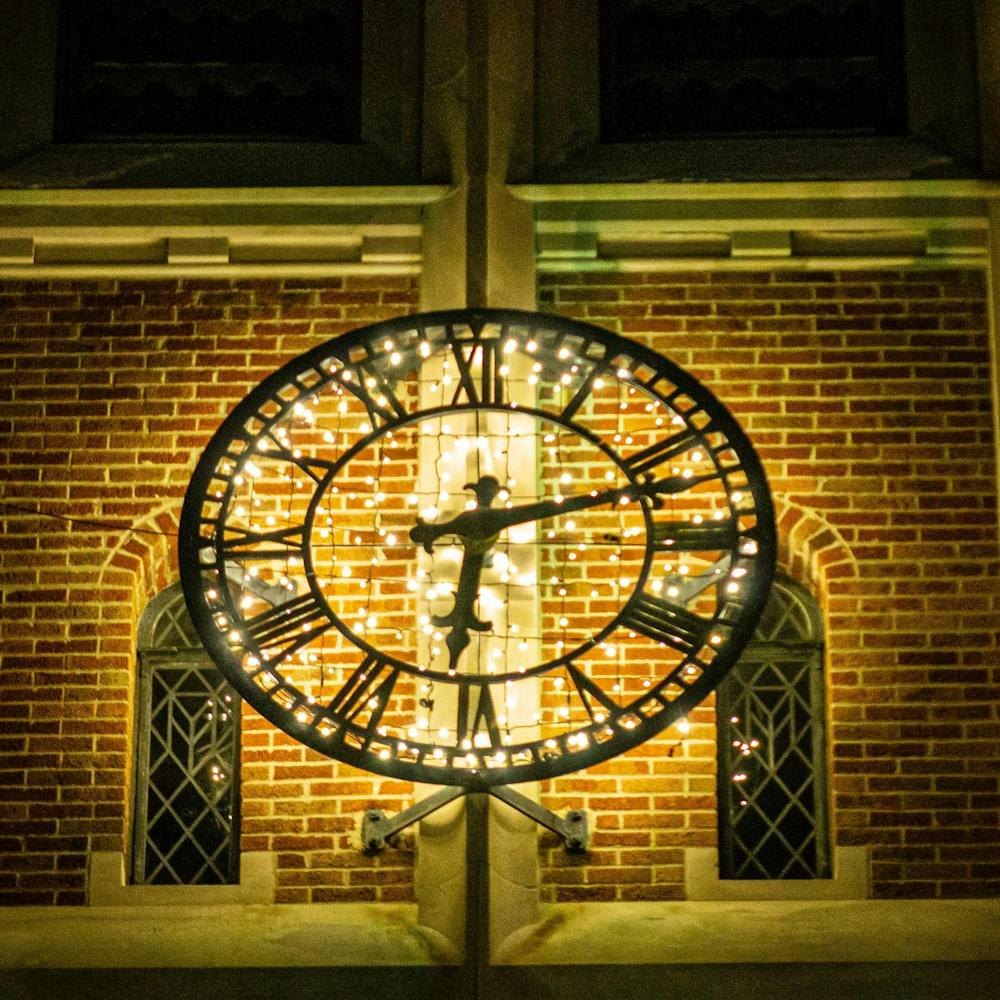Proponents of banning abortions are an outspoken group, steadfast on eliminating a practice they believe is immoral.
In more forums than simply presidential debates, this topic has taken the country by storm and has been handled in unique ways by different states.
In some states, such as North Dakota, lawmakers are taking steps toward banning the practice altogether. In others, such as Mississippi, the practice is so frowned upon that only one abortion clinic remains in use.
Even Michigan has taken steps against this controversial procedure.
In December, while still in a lame-duck session, Gov. Rick Snyder signed into law an anti-abortion bill imposing restrictions on abortion clinics, requiring doctors to screen women for coercion before providing the operation.
But the country’s war on abortions steered off in a new direction in recent weeks, and opponents seem to have set their sights on a new target: The Plan B morning-after pill.
On April 5, New York federal courts ruled females of all ages should have unrestricted access to the pill as a means to prevent pregnancy.
In 2011, a similar stance for universal accessed was supported by the Food and Drug Administration, which recommended all girls be able to buy the morning-after pill without a prescription because they found it had no evidence of harm for young users.
This decision has been seen as a victory for proponents of reproductive freedom and those who have been angry at the way President Barack Obama’s administration has rolled over on a number of these issues in the past.
But — as with any abortion-related decisions — this ruling also has been met by serious opposition from those who don’t favor making the morning-after pill an over-the-counter medicine.
United States Secretary of Health and Human Services Kathleen Sebelius has been one of the most outspoken critics of making Plan B accessible to girls of all ages and believes those under the age of 17 should be required to have a prescription for the drug.
Obama responded to this opinion, saying he, as a father, understands how the notion of making this drug accessible to a 10-year-old in a drugstore is unnerving.
The rationale behind Sebelius’ attacks is something few would argue against, but it completely misses the point of what stretching the attainability of these drugs would do.
Just like the decision to have an abortion should be entirely in the hands of the woman, the decision to take the morning-after pill is a choice only one person should be expected to make.
Although making Plan B accessible without prescription could allow young girls to purchase it, this argument fails to make any rational sense.
No matter the situations that led them to seeking out this medication, the people who take Plan B do so to avoid the possibility of an abortion in the future.
Instead of harming their bodies, these pills allow women to avoid pregnancy and do so in a way that doesn’t injure them.
The battle to restrict Plan B from those who truly need it is the next installment to an abortion fight that has plagued this country for too long, but this current struggle is about much more. It’s about basic women’s rights.
Lawmakers should fight to ensure the safety and well-being of all citizens and not impede on the freedoms of those they disagree with.
Support student media!
Please consider donating to The State News and help fund the future of journalism.
Discussion
Share and discuss “Availability of Plan B shouldn’t be restricted” on social media.






